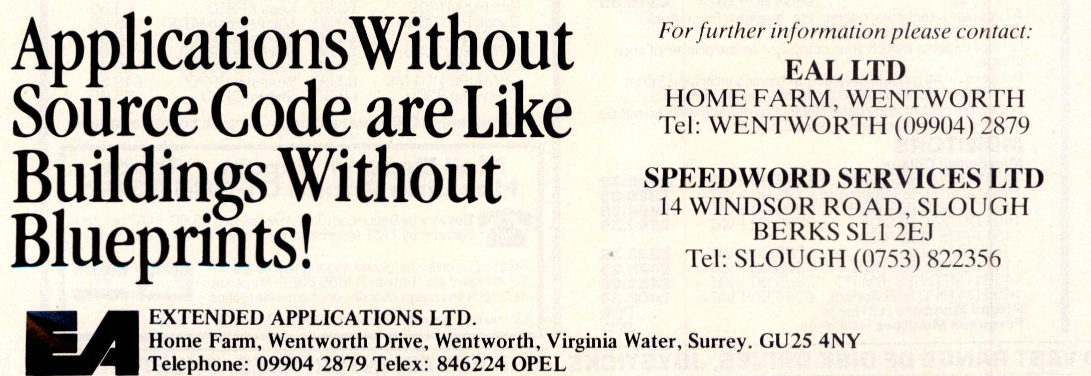I like it. Similarly, licensing closed source commercial software is much like leasing or renting. You rely on the vendor to do maintenance, fix issues, and provide support. SaaS is like staying at a hotel.
Linux
From Wikipedia, the free encyclopedia
Linux is a family of open source Unix-like operating systems based on the Linux kernel, an operating system kernel first released on September 17, 1991 by Linus Torvalds. Linux is typically packaged in a Linux distribution (or distro for short).
Distributions include the Linux kernel and supporting system software and libraries, many of which are provided by the GNU Project. Many Linux distributions use the word "Linux" in their name, but the Free Software Foundation uses the name GNU/Linux to emphasize the importance of GNU software, causing some controversy.
Rules
- Posts must be relevant to operating systems running the Linux kernel. GNU/Linux or otherwise.
- No misinformation
- No NSFW content
- No hate speech, bigotry, etc
Related Communities
Community icon by Alpár-Etele Méder, licensed under CC BY 3.0
That's a fantastic description!
You can do both though. Lots of high-profile software is both open source and available as SaaS.
The beauty of that strategy is you can ensure the software will survive your service provider going bankrupt or otherwise suddenly disappearing, leaving you without a solution.
By not being locked into a specific vendor, competition will be centered around providing the best service, which is in my opinion exactly as it should be.
Applications without source code don't exist.
Oh, they meant, "you should have the source code to the applications you use." Well in that case, good call on them.
Yes unfortunately they do.
In the 90's I wrote some Visual Basic applications, the only source code they had was isolated snippets to describe the buttons actions.
But most of the app was not based in source code but directly on a binary formal that VB could understand.
That said people who use buildings typically don't have or need the blueprints to said buildings
This appears to be true on the surface but is not accurate. I am a structural engineer and when people need to do something with their buildings, the engineers (structural, mechanical, fire, etc.) and the architects need the plans or at least a survey. If a side has the plans and the authority on the plans, that side has huge leverage over the building. Fortunately, this is never the case with buildings. Plans are considered public information. It would be so much better if the same applied to software.
Oh interesting I didn't know that that's pretty cool
Open source buildings
EA
Today's EA is quiet opposite lol(Electronic Arts)
I’m old enough to remember when they were good. I still play Mule every so often.
Not sure if this is clear to everyone, but these are two different companies abbreviated as “EA”
Thank you for finding this gem!
if it was in PC World, it might be likely they were business data applications..
